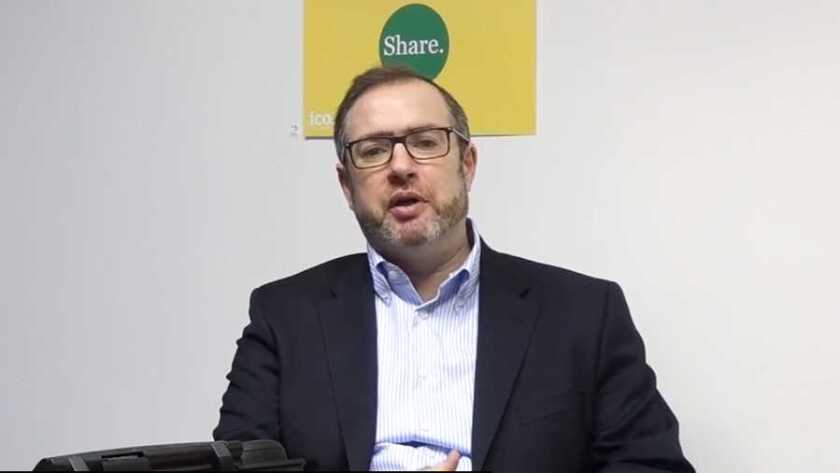CEO Eli Katz (pictured) would not comment publicly on the future of the legacy side of the business, its original SIP-based voice interconnectivity operation, and denied that the future of the company is in doubt.
The original company, XConnect Global Networks, founded in 2005, has gone into administration. Graham Paul Bushby and Damian Webb, of RSM, a corporate restructuring specialist, were appointed yesterday, according to filings at Companies House, the UK repository of corporate financial information.
“This is a side-effect of the reorganisation,” Katz told Capacity this morning. He said: “Customers and suppliers will be dealt with by the subsidiaries. They will continue.”
In the group accounts for the year ending 31 December 2017 XConnect Global Networks lost £2.8 million on sales of £9.3 million. Accumulated losses over the years for XConnect Global Networks were £36.9 million, according to the accounts, filed with Companies House.
XConnect’s directors include some prominent industry names, such as Ohad Finkelstein, also a director of satellite company OneWeb, and Paul Reynolds, former CEO of Telecom New Zealand and previously of BT Wholesale.
Two years ago XConnect sold its German number portability business to a Canadian company, Enghouse Systems.
XConnect Services, set up in 2006, will run the emerging number information services operation. Tim Ward, a former senior director at number portability company Neustar, will be in charge of this operation as VP of number information services.
“What has been done is a restructuring,” Ward told Capacity. “The services division is for information query services.” It started by hosting information for number portability “but it’s growing further and further, above and beyond”, he added.
Former BT Wholesale executive Pete Dunbar is in charge of the voice products side of the business. This, Capacity understands, will continue the legacy voice business as part of a new company, XConnect Carrier Services, which was incorporated on 19 July.
Katz told Capacity that the number information service has evolved out of the original SIP interconnectivity operation, which routed voice calls through XConnect’s own infrastructure. Having built up a global database of numbers for that operation, XConnect realised it could sell the data to messaging and more recently voice companies.
“We had all the information sitting there. It was never productised or monetised,” said Katz. The introduction of mobile number portability (MNP) has made it increasingly harder for service providers to stay on top of which operators own any number.
Now “we don’t see the call [in our system] at all”. Information is supplied, within milliseconds, to e-numbering and other companies that deliver messages. “We give back in a millisecond all the information we have about the phone number and which operator is running it.”
That allows network operators to reduce routing costs. Initially the big users were application-to-person (A2P) service providers delivering SMS messages to customers from banks and other companies.
“What we’ve seen is a massive growth on that side of the business, using our datasets that almost cover the globe.” Operators need “a real-time route to the correct operator, saving significant amounts of transit costs”.
Katz said that he and the XConnect board “have now reached a stage where we can create two separate companies”, one to hold on to the legacy business and one to pursue opportunities in the number information services business. These include the growth of rich communications services (RCS) and voice over LTE (VoLTE). “The industry is at a pivotal moment. With RCS we’re 80-90% there: it’s the whole next world of messaging in the industry,” said Katz.
“We’ve still got some stuff to do” on the reorganisation, he added. “The management team remains all there. We are comfortable with the services we are delivering. We have the most experienced management team in the business and we are in a very solid growth phase.”






